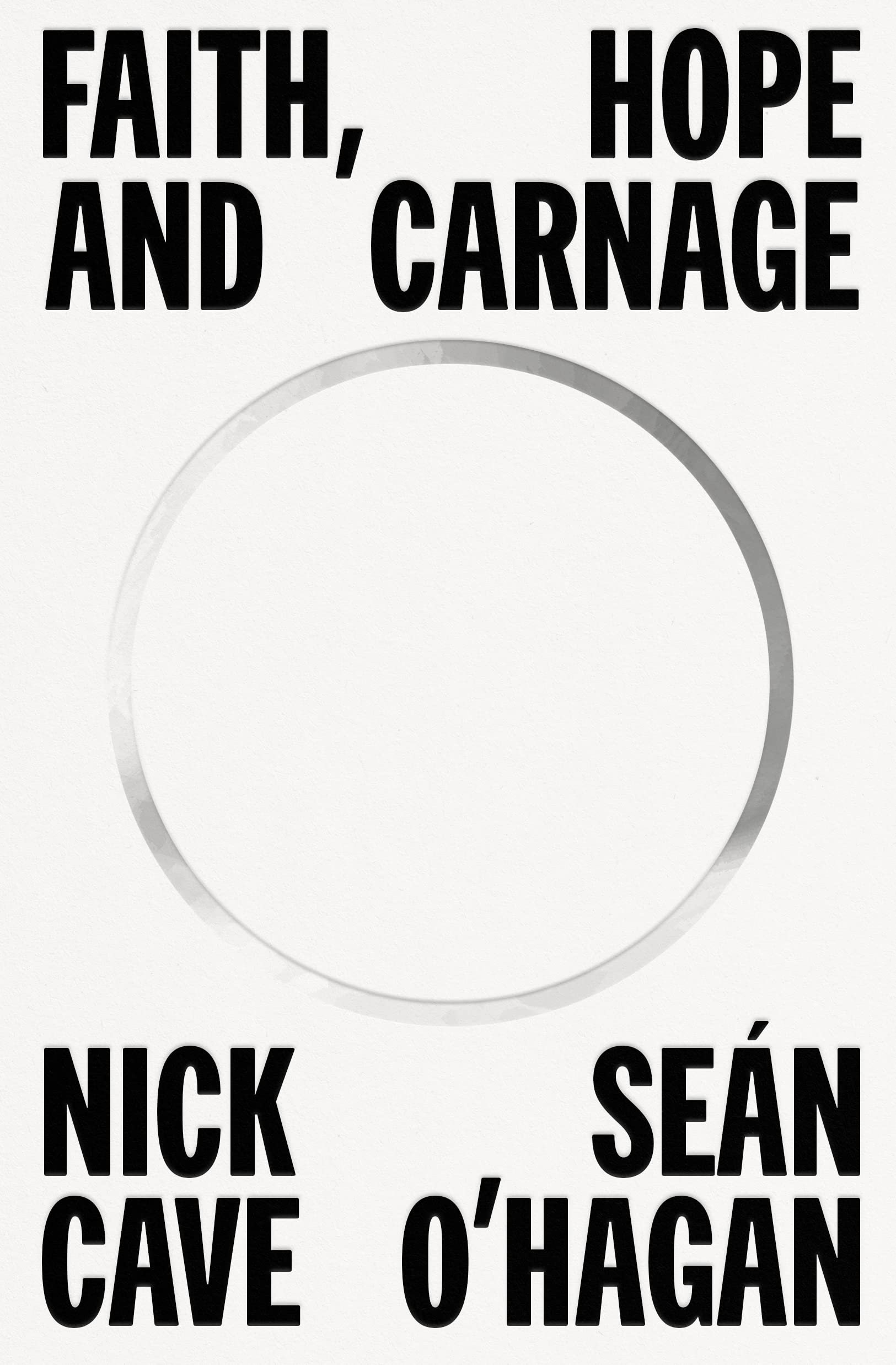“Do you respect wood?”
My wife signed up for a membership to the Sutherland Quarterly and as part of a promotion they let her pick a free book from their catalogue. She chose The Longbow, the Schooner and the Violin. I respect wood (much like Larry David), so I read it.
The book wasn’t what I expected. I thought it would be a cohesive argument about the central place these three items held in human history, likely because of the similar structure of the title compared to Jared Diamond’s Guns, Germs, and Steel. de Villiers does lay out a rough premise to this effect in the introduction, citing these three objects as pinnacles of their genre, but in terms of influencing human history, he really only makes a convincing case for the longbow, which changed the course of warfare in the Middle Ages. The schooner had impact on trade, but was not of singular importance among similar boats. The violin, while an impressive instrument, was also not seismic in the same way.
Instead of weaving a single argument, de Villiers gives histories of these objects as pieces of cultural importance in their time, interspersing them with chapters about pretty much anything he could think of involving wood. These essays range from inspired (his taxonomy of the origin of forest was genuinely interesting) to somewhat bewildering (several pages detailing the best woods for different purposes). It feels a bit grab bag, and I wondered if these essays had been publishing previously for some sort of nature periodical (Trees Monthly?) and collected here.
de Villiers’ writing is strong, weaving eloquent description with prosaic turns of phrase to good effect. I liked the book, but it’s such an odd assortment that I’d recommend it to someone who really likes wood or else doesn’t mind taking literary detours.



